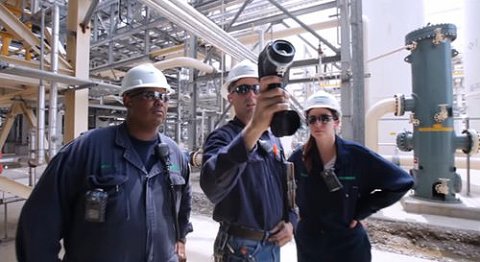The Clean Energy Smart Manufacturing Innovation Institute (CESMII) held their first Workforce Development and Education Workshop on April 18-19, 2018. This national workshop was held using video conferencing allowing the workshop to host four separate breakout groups for each of the three sessions held over the course of the two days. This workshop brought together both CESMII members and non-members from industry, academia and government organizations with a focus on the development of curricula and other educational programs to promote STEM education from K-12 through college level coursework and to educate the next workforce generation as Smart Manufacturing practices redefine manufacturing processes. Over 100 participants from approximately 65 distinct organizations participated in this two-day workshop.

The full, two-half day agenda included three breakout sessions. The workshop covered specific workforce development details of a recent CESMII survey, the CESMII Sustainability Workshop Report and the CESMII roadmap mission and objectives for creating workforce curriculum and education. Discussions during the first breakout session asked participants to identify and Smart Manufacturing knowledge gaps, hurdles and requirements necessary to establish a robust workforce and education. These discussions were followed by two more breakout sessions the following day. Breakout session two defined and elaborated upon current best practices in terms of content, delivery method(s) and implementation, and the success and failures of these existing methods. Breakout session three was tasked with identifying key elements, templates and strategic plans for CESMII to implement in the near-term. These groups considered a) current technology and platforms available for smart manufacturing practices, b) the educational needs of their current and future employees, how to effectively move their knowledge base towards smart manufacturing practices, and educating the next few generations of workers either through a formal educational setting or other methods, c) education and therefore buy-in from C-suite and industry managers and stakeholders, and d) the framework for an initial certification pilot program, including apprenticeships and co-operative projects.

